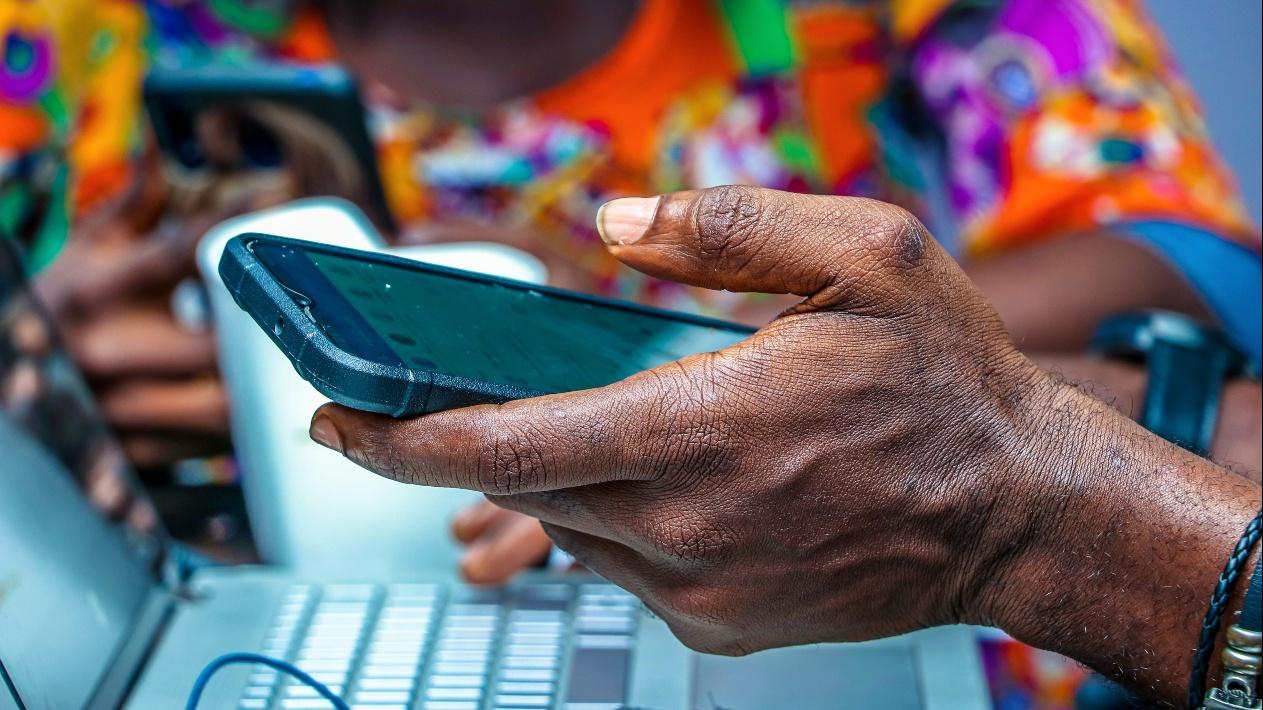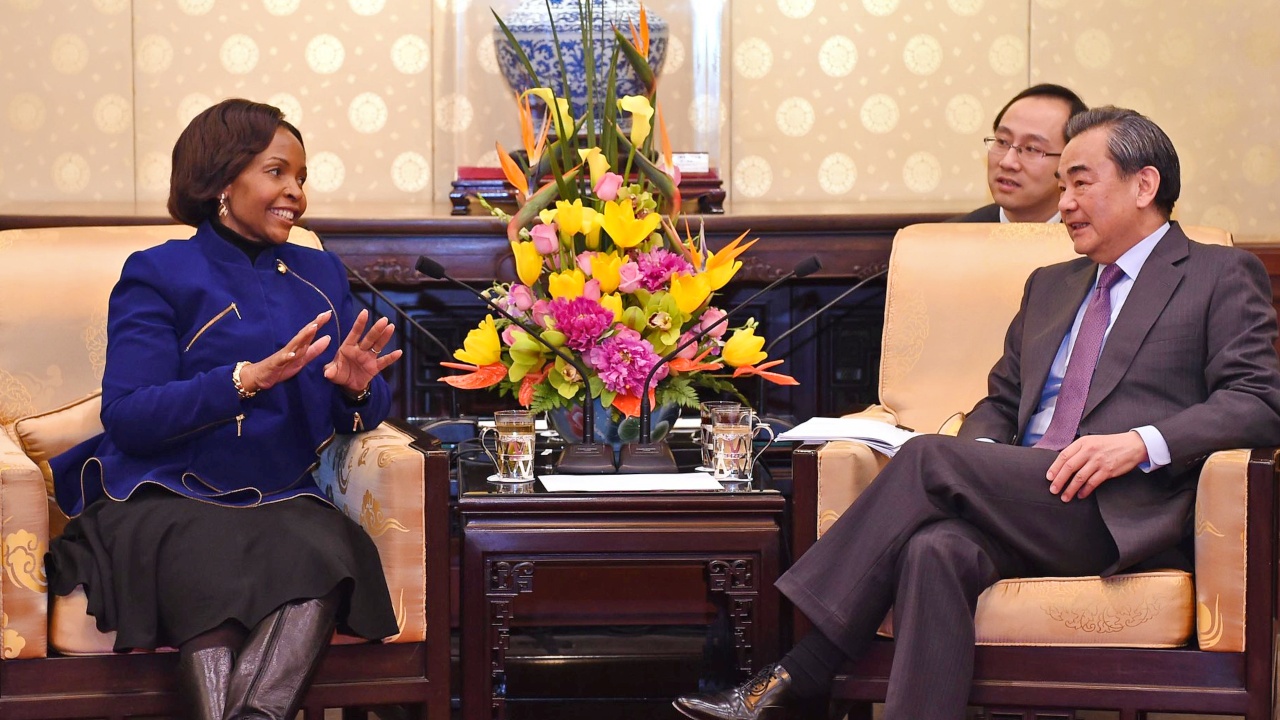The FOCAC partnership platform between China and Africa has undergone multiple stages of evolution since its creation in 2000. But as the Chinese economy loses momentum, has the ever-deepening engagement between these regions reached maximum capacity?
This is the second of two parts exploring the history and purpose of the FOCAC partnership between China and Africa, and part of the China-Africa Initiative series with the Firoz Lalji Institute for Africa.
Up until the onset of the COVID-19 pandemic in 2020, the Forum on China-Africa Cooperation (FOCAC) – a partnership platform between Africa and China – had produced exponentially deepening commitments, complexity and clout across economic, development, political and security engagement with significant soft power influence. These commitments were the result of three stages in FOCAC’s evolution since its inception in 2000. Questions have nonetheless been asked about how long FOCAC can continue its uni-directional progress before China maximised its capacity. Had FOCAC reached its zenith philosophically, if not economically? After the mutual commitment to a China-Africa Common Destiny in 2018, what vision could be grander?
The COVID shock and, more importantly, structural changes in China itself have more recently co-created a pivot away from a trajectory of ever-deepening engagement – the first marginal reversal of China’s commitment to the continent.
FOCAC after the 2021 Summit
In terms of its diplomacy, the 2021 FOCAC in Senegal was a lower-level conference than the two Summits before it. While nonetheless anchoring a new era for the Forum, commitments paled in comparison to the seven previous rounds, in which China had led ever more extensive engagements spanning all spheres of strategic interest.
Notably at the 8th FOCAC, for the first time China decreased its state capacity as a direct financier for African projects. Chinese private companies – replacing the state – were positioned to take a leading role in future economic engagements. China pledged that the private sector would invest $10 billion in Africa in the next three years.
While China’s commitment as Africa’s external financier retrenched, China deepened its commitment as Africa’s public goods-provider. It promised 1 billion doses of COVID vaccines, of which 600 million would be gifted and 400 million produced by Chinese companies and joint ventures on the continent. China promised to send 1,500 medical and public health professionals to support the pandemic recovery.
The Forum also launched China’s support for the Great Green Wall initiative, to further align its investments with Africa’s green future. While China in 2021 continued to open coal mines domestically, China’s commitments to cease investments in coal globally will work alongside support to Africa’s green transition, by exporting its considerable solar and wind supply chains. In 2020, China financed and completed a 50MW mega solar power plant in Kenya, the largest of its kind on the continent.
Education empowerment and job creation in Africa have also been continually spotlighted at previous FOCACs. This time, China promised to invite 10,000 African nationals to workshops in China, offered African students who study in China a speedy employment path and continued the ‘Luban Workshop’ programme, aiming to create 800,000 polytechnical jobs in Africa.
Africa’s FOCAC dilemma
No country can sustain extraordinary growth forever, and neither can a country’s global commitments. All powers inevitably reach the point of capacity overreach. The UK and the US both did, as will China in time.
At the 2021 FOCAC, China’s shifting of financial commitments from the state to private actors, if indeed strategic, signals the retrenchment of state-level financing and the long-term advance of private investments. State-sponsored financing has already enabled a distribution of financial resources across Africa that is more even than economic divergences among countries suggest. But private companies, by their nature, favour bigger economies, more stable governments and short-term returns, and not all African economies are primed to benefit evenly from the Chinese pivot. African economies may see a further divergence in their growth prospects, amplified by the increasingly contrasting capital inflows from the Chinese private sector.
It is possible – although highly improbable – that the Chinese economy could follow Japan, falling into a prolonged period of economic stagnation. Chinese economic growth slid to 5% in the 4th quarter of 2021, exacerbated by the government crackdown on its most vibrant technology and private sectors, the epitome of its modern economic rise. Countries in Africa heavily reliant on China will be more severely impacted by the country’s possible economic shocks.
In the broader context of the US-China competition set to define the coming decades, countries in Africa that resort overwhelmingly to Chinese technologies may face challenges securing technology investments and intellectual property from the US and its allies. African companies that store data on Chinese-built clouds in Africa are more likely perceived as national security risks by Washington. There also comes an ownership question over Africa’s most valuable asset – its data, and whether the continent should allow it to be freely exported. Africa’s rise will inevitably rely on global technological diffusion, and countries that have the power to choose partners may foresee diversification as valuable.
The ability for Africa to address these challenges strategically will be supported by the vision set forth in the African Continental Free Trade Area (AfCFTA), which will change FOCAC dynamics. The scale of the market AfCFTA amasses, and the efficiencies and continental value chains it will produce, have the potential to create greater economic opportunities and equality between African countries and China, and, therefore, Africa’s global power.
Read the first part in the series on the three stages of FOCAC’s evolution.
Photo: 2018 FOCAC Summit | Beijing, 4 September 2018. Credit: Paul Kagame. Licensed under CC BY-NC-ND 2.0.





